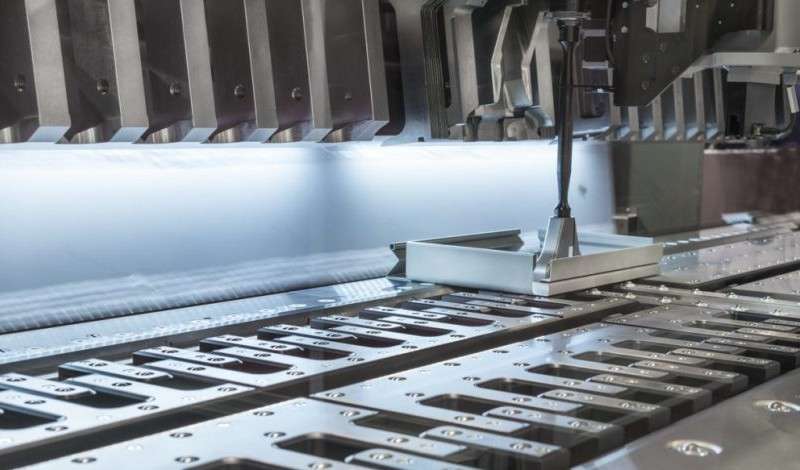Eastern Saudi Arabia—including Dammam, Khobar, Jubail, Qatif, and Al Ahsa—is undergoing rapid industrial and urban growth. While this presents opportunities, it also introduces environmental challenges, especially when managing scrap metals like copper, aluminum, iron, and steel. Understanding how scrap impacts the environment—and how proper recycling can help—is essential for residents and businesses committed to sustainable practices.
Why Scrap Metal Matters for the Environment
Scrap metal is not just waste—it’s an environmental asset when managed correctly:
- Conserves natural resources by reducing mining of virgin ores
- Saves energy—recycling aluminum alone uses up to 95% less energy than producing it from bauxite
- Reduces greenhouse gas emissions, notably CO₂ and harmful refrigerants
The Global Recycling Foundation Annual Report highlights that each ton of recycled steel saves over 1.5 tons of iron ore and reduces carbon emissions significantly.
Dangers of Improper Scrap Disposal
Dumping scrap metal carelessly leads to environmental degradation:
- Rusting iron and steel release metals into soil and groundwater
- Refrigerant leaks contribute to ozone depletion and global warming
- Abandoned appliances attract pests and become chemical hazards over time
The Eastern Province Environmental Authority (EPEA) regulations require licensed handling of scrap to prevent such pollution.
How Recycling Protects Eastern Saudi’s Ecosystems
When scrap metals are processed correctly:
- Refrigerants are safely recovered, preventing harmful emissions
- Metals are separated and recycled, keeping valuable resources in circulation
- Nonrecyclable waste is processed at authorized facilities, adhering to environmental statutes
Local recycling hubs in Khobar and Jubail operate under the guidance of the Saudi Environmental Compliance Board, ensuring all procedures meet national standards.
Community and Economic Benefits of Recycling
Recycling scrap metals offers more than environmental relief:
- Creates local jobs in collection, processing, and transportation
- Stimulates local manufacturing by providing recycled feedstock
- Reduces landfill waste, extending the useful life of disposal facilities
Study data from the Saudi Waste-to-Resource Council shows that metal recycling contributes up to 5% of the Kingdom’s local circular economy output.
What Residents in Eastern Saudi Can Do
Sort Your Metals at Home
Use magnets to separate ferrous (iron/steel) from nonferrous (copper/aluminum/brass) scrap.
Contact Certified Buyers
Choose licensed scrap buyers who follow legal protocols for refrigerant recovery and material processing—available via our Internal tool: EastProv Scrap Finder (EastProv Scrap Finder)
Avoid Stockpiling
Store scrap in a shaded area, protected from rain or corrosion, and arrange regular pickups to keep materials in good resale condition.
Risks of Choosing Unregulated Scrap Dealers
When unlicensed dealers mishandle materials, consequences can include:
- Illegal export and environmental dumping
- Lost economic value due to underpayment or unpaid scale weight
- Regulatory fines if hazardous materials (like refrigerants or oils) are improperly discarded
For regulatory oversight, the Saudi Waste Enforcement Authority (SWEA) provides enforcement guidelines.
Impact Summary Table
| Positive Action | Result |
| Recycling copper, aluminum, steel | Conserves resources + low-carbon production |
| Certified refrigerant removal | Prevents ozone depletion and greenhouse gas emission |
| Licensed buyers & documented pickups | Ensures fair payment and safe handling |
| Regular recycling pickup schedules | Reduces storage risks and maintains scrap value |
Final Takeaway: Small Actions, Big Environmental Impact
Every piece of scrap in Dammam, Khobar, Jubail, Qatif, and Al Ahsa is part of a larger environmental and economic ecosystem. By choosing to recycle responsibly, you protect natural resources, support local economies, and champion Saudi Arabia’s Vision 2030 green goals.
Ready to act? Use our EastProv Scrap Finder to connect with certified buyers near you and start turning scrap into sustainability.


